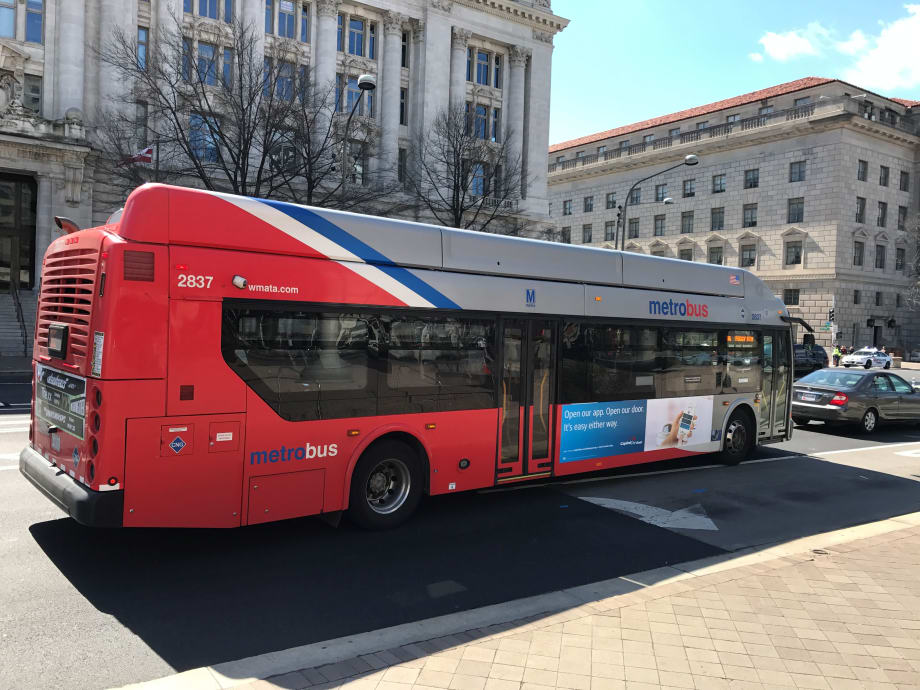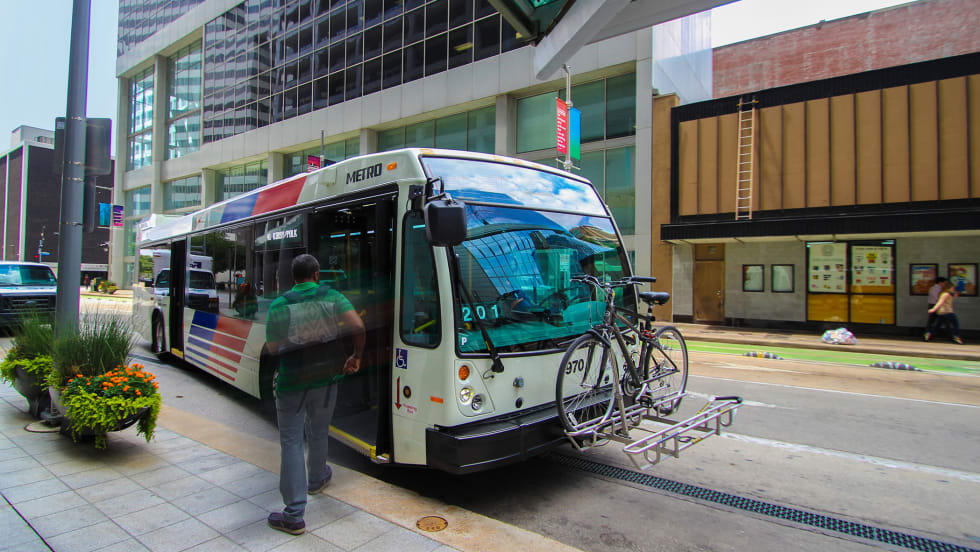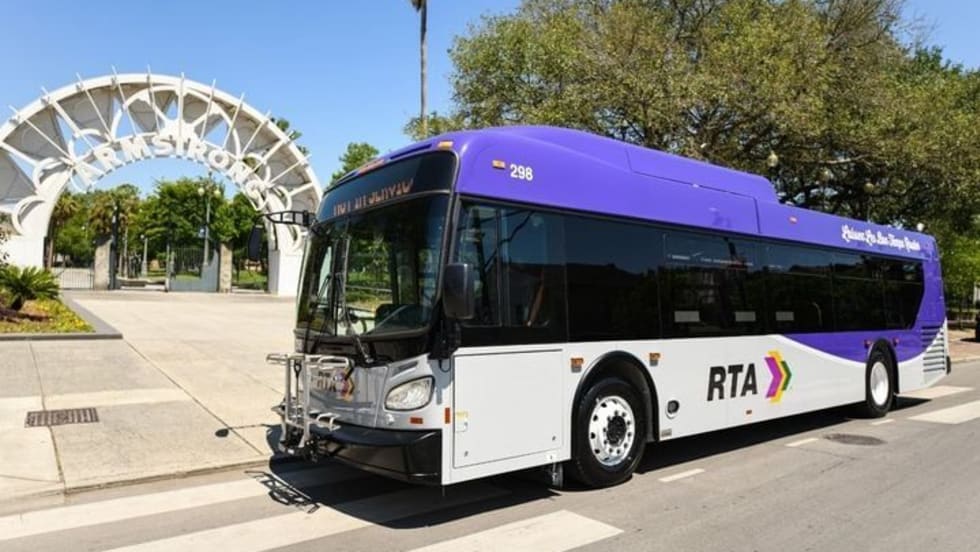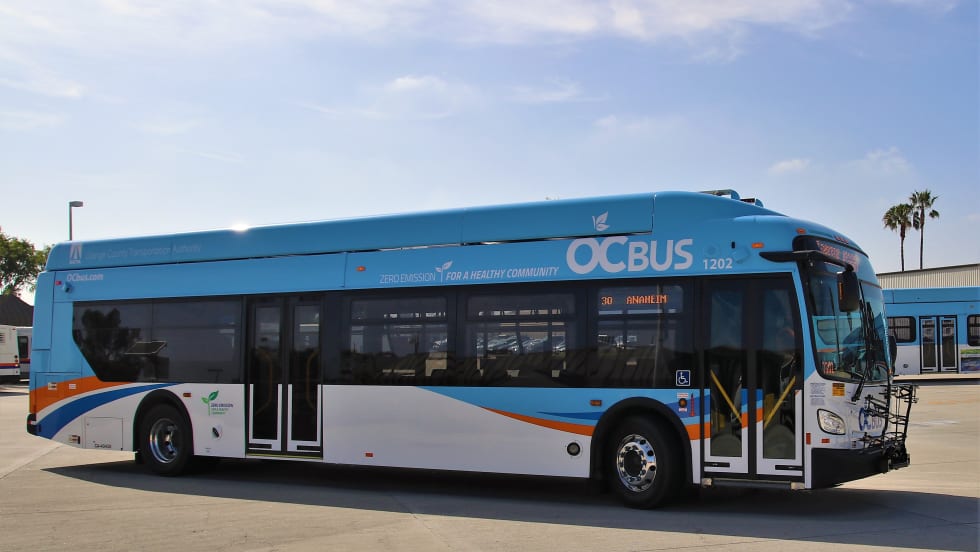The Washington Metropolitan Area Transit Authority (WMATA) is restoring most rail and bus service to pre-Covid levels across the region in the largest — and likely most complex — service change in the system's 44-year history. To support the effort, thousands of frontline WMATA employees will transition to new work schedules as the region continues its gradual recovery and more customers are expected.
Metrorail service changes took effect August 16, including the restoration of Silver Line service for the first time since Memorial Day. Six Fairfax County stations will reopen following planned summer work, resulting in 87 of 91 Metrorail stations open for customers. Wait times will be reduced dramatically, with trains running every eight minutes on each line during rush hours, and every 12 minutes on the Red Line and 15 minutes the Orange, Blue, Silver, Green, and Yellow Lines during off-peak times. Trains will arrive more frequently at stations served by more than one line.
On August 23, new Metrobus schedules will take effect across the region, including the restoration of bus service on routes that have not had service in months and significantly more frequent service on almost every line.
"Thousands of Metro employees are getting ready to support the region as we restore most Metro service," said WMATA COO Joe Leader. "The pandemic has posed challenges never before faced by Metro, and I want to extend my thanks to our customers — especially essential workers — for their understanding as we took unprecedented action to protect our essential frontline workforce and the public health. We're grateful for the sacrifice of workers across the region, including the Metro employees on the front line every day."
Planning for the COVID-19 service restoration began in mid-May. Because Metrorail and Metrobus operators have the right to pick work assignments based on seniority, adjusting service levels on a systemwide scale impacts the personal work schedules of more than 3,000 employees, many of whom are receiving training for their new work assignments or locations, and many of whom have child care and virtual schooling challenges for their families just like WMATA customers.













